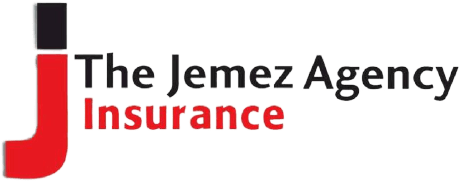Most of us have seen the meme going around that refers to a couple of life lessons that have reversed course over the past couple of decades: don’t get in the car with strangers and don’t meet people from the internet. The fact is, the internet, when combined with the “sharing economy,” has drastically changed the ways by which we travel, where we stay when we travel, and, in some cases, who we meet up with once we arrive at our travel destination.
Insurance has been relatively slow to keep up with some of these changing behaviors, but the good news is that there is an answer to one of the largest sharing economy exposures: ridesharing.
A number of insurance companies have adopted revised personal policy forms that utilize the term “transportation network platform” in them. This term is defined as “an online-enabled application or digital network used to connect passengers with drivers using vehicles for the purpose of providing prearranged transportation services for compensation.” As one might expect, this terminology clarifies several liability and physical damage exclusions that are found in the policy, as old policy language wasn’t clear-cut about ridesharing services.
So, to circle back around on this, what if you or one of your children are using a vehicle owned by you to work as a driver for Uber, Lyft, or another transportation network platform? If you don’t make sure that your personal auto policy is endorsed with the proper coverage, your insurance protection may be insufficient if you get into an accident.
For example, Uber provides $1,000,000 of third party liability for drivers who have made a match and are en route to pick up the rider; as well as when the driver has picked up a rider and are undertaking a trip. However, this changes when their drivers are available and waiting for a ride request but have not yet made a match. The limits, in that case, decrease substantially and become $50,000 per person / $100,000 per accident for bodily injury liability and $25,000 for property damage liability.
For an additional premium you can buy back coverage so that your personal auto limits of insurance—including Bodily Injury, Property Damage, Medical Payments, Uninsured Motorists (and Underinsured Motorists if included on the policy)—will apply when you are logged into a transportation network platform and a passenger has not yet entered your vehicle. Coverage also extends to the physical damage insurance on your policy. So, if you suffer a comprehensive or collision loss while logged in (and before you have accepted a passenger), the damage will be covered – subject to the remaining policy provisions, of course.
So, in short, you can have some additional peace of mind if you are waiting to pick up a passenger you don’t know to take them to a house they are about to rent from a person they don’t know.

